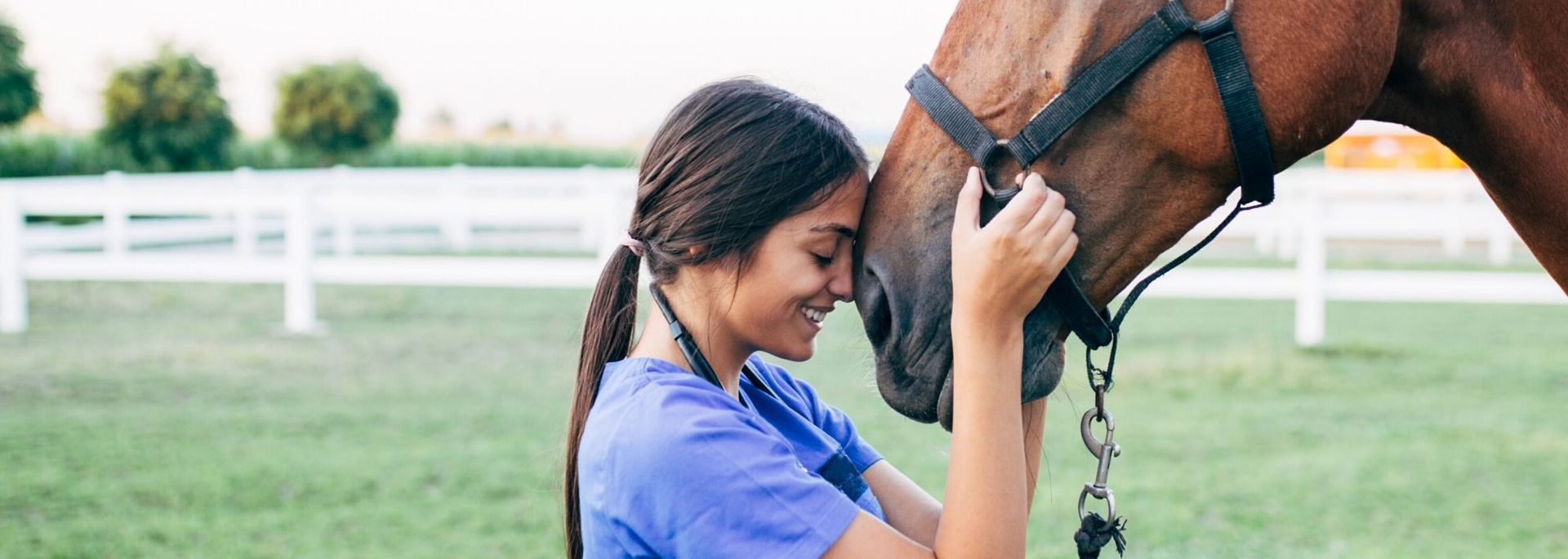A better life for animals and the humans
who care for them.
 ×
×
Member Registration
IF YOU ALREADY HAVE AN ACCOUNT LOG IN HERE
 ×
×
Member Login
new to VETVINE?
Register now
 ×
×
Forgot Password
 ×
×
Reset Your Password
with a password reset link.
Be sure to check your SPAM folder if it's not in your inbox
Can't find it?
Need Help? Contact Us
 ×
×
Contact Us

 ×
×
Message Sent!
Thank you for contacting us.
We are processing your request and
someone from our team will be
in touch soon.



